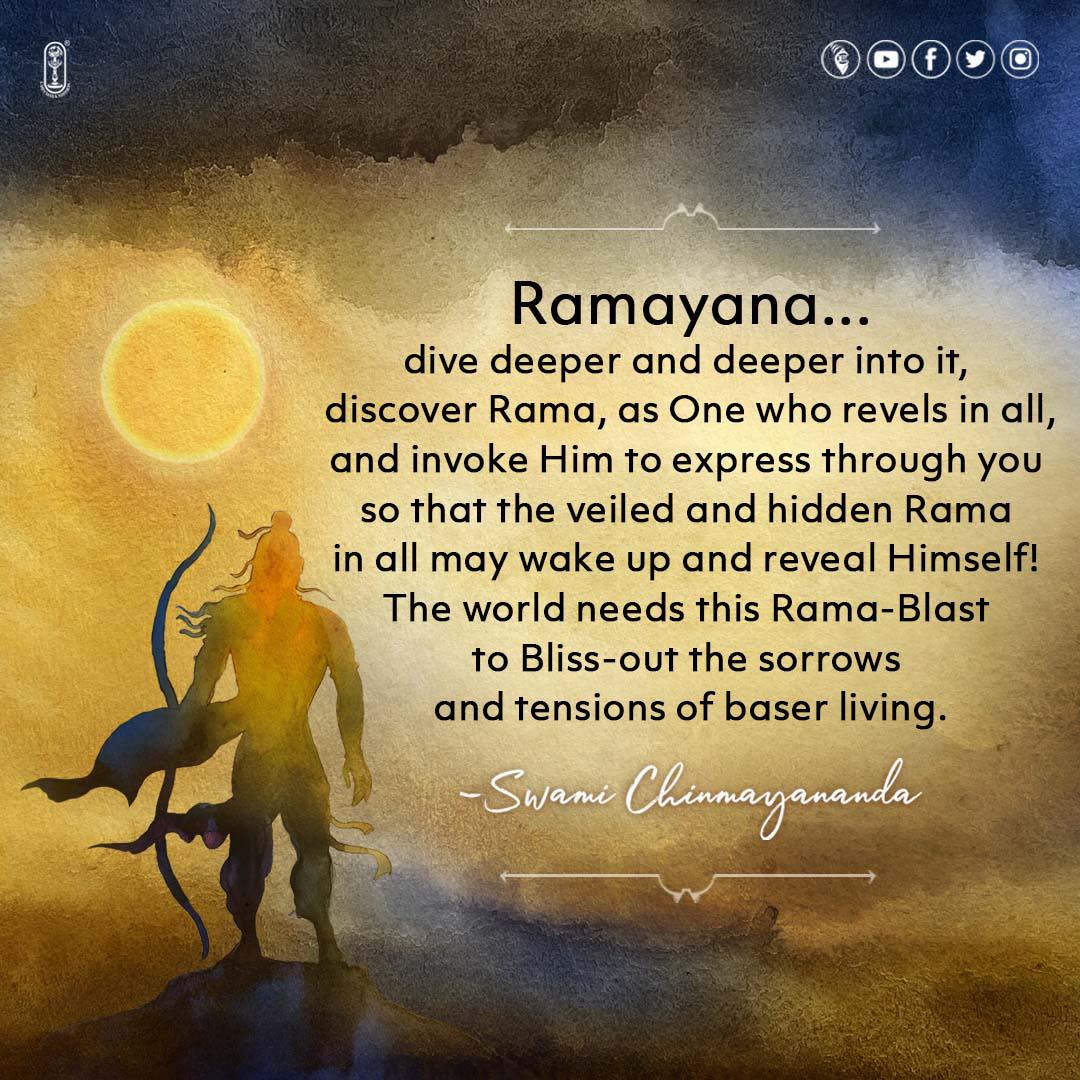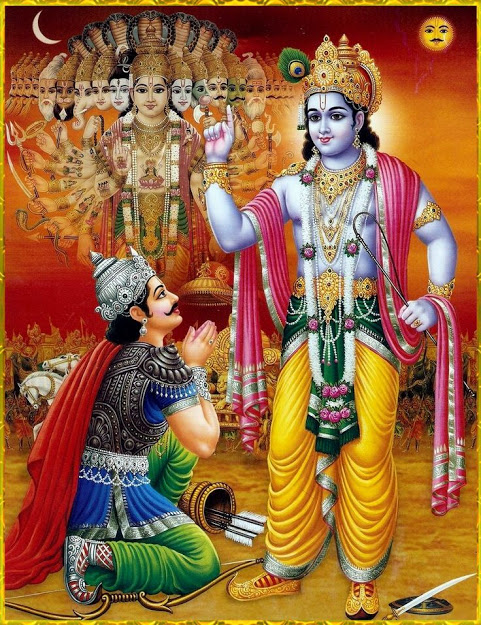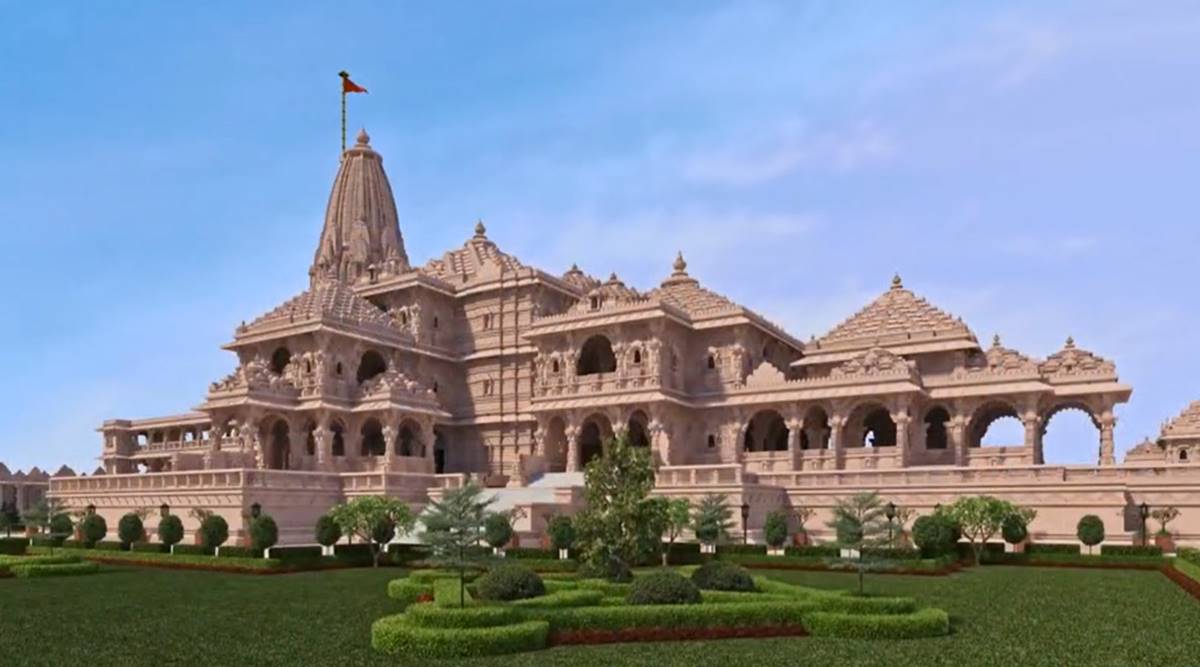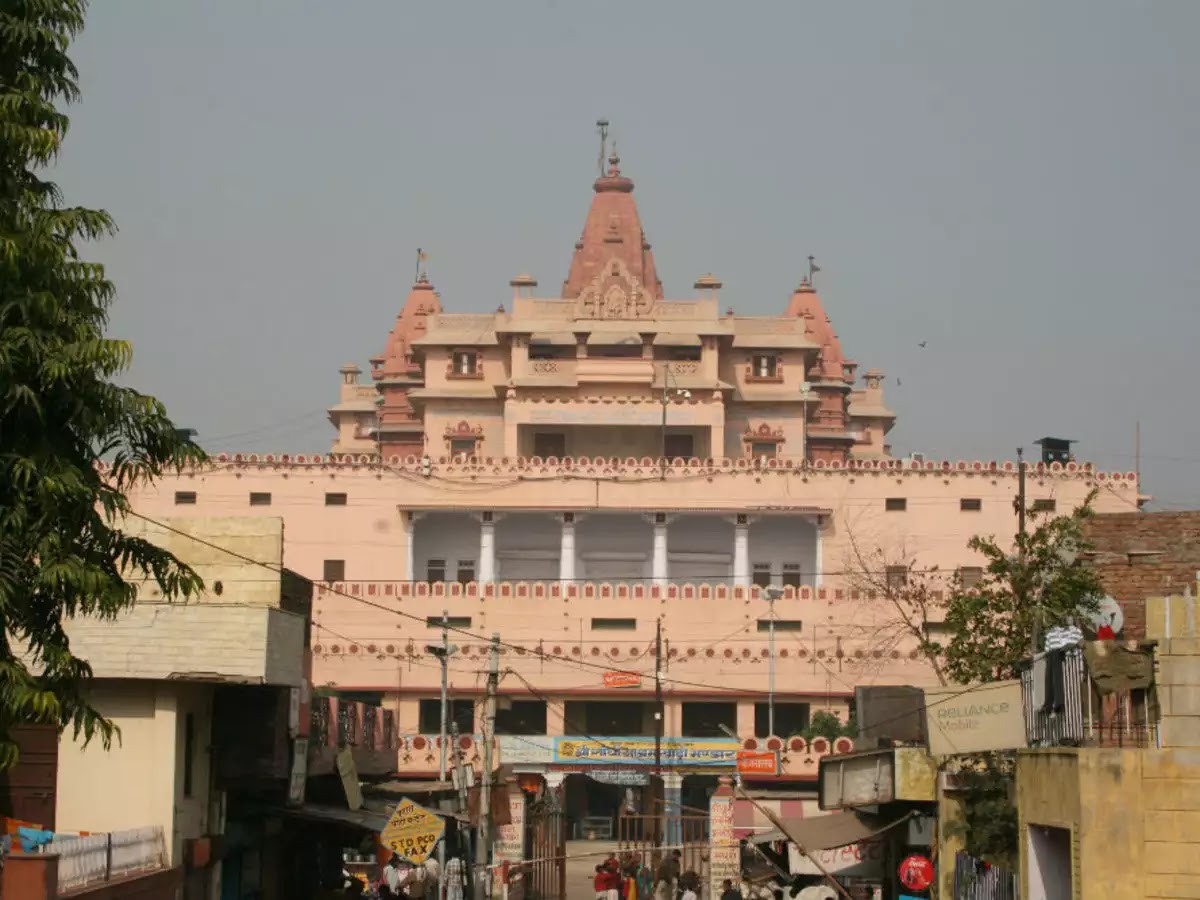Ancient Culture ( Samskaram ) of India ( Bharatham ) - 6. Swami Krishnananda.
==============================================================
===============================================================
1.#Opinion : Thursday, May 19, 2022. 06:00. 2734.
2.#Chapter 6: Similarities between the Ramayanam and Mahabharatam -6.
================================================================
The Ayodhya Kanda of the Valmiki Ramayana is a history of human emotion, comedy and tragedy mixed together, the height of glory ahead of us, and also hell at our feet. However, there is a lot of comparison between the events that took place in the case of Rama in the Ramayana and in the case of Yudhisthira and his brothers in the Mahabharata. The movement of history is practically the same in all countries, though there are differences of minor detail. The going into the wilderness of life, living in the forest, is common to both the Ramayana and the Mahabharata, though the causative factors behind the two were different. There was a lot of suffering. It was not that Rama was enjoying life in the forest, nor did the Pandava brothers live a happy life there. In the case of one it was fourteen years, in the case of the other it was thirteen years. It was practically the same. There was great difficulty.
What happened to the power of Rama and the power of the Pandavas, which was there with them? Where did Rama's power lie at that time when he was thrown out and asked to go to the forest? Actually, Lakshmana highlighted this aspect. When the news reached that Rama had to go to the forest, Rama took everything calmly and quietly as the wish of the father, but Lakshmana was not like that. He rose up into action and told Rama, “Today Ayodhya shall cease to exist. There shall be no father, no mother. There shall be nothing here. Lakshmana's power will see that Ayodhya ceases to exist.” He took up his bow and arrows, his eyes became red, he was rage incarnate, and he would have actually done something. Rama, the counterpart of this rage of Lakshmana, was like the ocean that was calm and quiet, away from the turmoil of raging rivers in the flood season. Rama calmed Lakshmana down.
So is the case of the fate of the Pandava brothers. The atrocities that were committed in the court of the Kauravas were enough to raise the arms of the brothers of Yudhisthira. They would have taken immediate action. Fire was jetting forth from their eyes and power was manifesting itself from their arms. Bhima stood up. Arjuna looked at his bow and arrow. Yudhisthira, like Rama, with his power of calmness and understanding of the circumstances in which they were involved, just gazed at them with calmness, that they should be calm.
Why should Rama tell Lakshmana to keep quiet when injustice was done to Rama? Why did Yudhisthira tell his brothers to keep quiet when the uttermost disgrace was poured upon them? The time had not come, was the feeling of Yudhisthira; and the father's word cannot be disobeyed, was the feeling of Rama. Whether it is necessary to obey the word of an unjust father or one has to obey the word of any father, is a question that is placed before us in this great predicament. Commentators on the Ramayana have a hundred things to tell us, and each one says whatever he likes. Do you obey the word of someone just because he is a father, even if he is totally bereft of the sense of justice and righteousness? So was the question of Lakshmana: “What kind of father is this who does not know what is proper?” But Rama's reply was, “Father is father, and whatever be his wish, it has to be fulfilled.”
Here is a social contradiction before us. Obedience and conscience sometimes clash within ourselves. Sometimes society seems to be unjust to us; sometimes it feels that the individuals are rebellious and they are to be put down by the force of law. Totalitarian governments consider that the state is the God that is manifest on earth, and individual freedom has to be sacrificed to the state, whereas individuals rebel and say that the state cannot be there unless individuals exist. What for is the state if individuals are not there? For whose sake is the government working if not for the welfare of the people? And if the people are to be merged in the state, for whose sake is the state working? That is one point of view. But the other point of view is that obedience is primary, and rebellious moods cannot be for the welfare of even a single individual. So there is a kind of peculiar extreme in the contrast that political science takes many a time. It is an emphasis laid on the state, and an emphasis laid on individuals.
To be continued ......
===============================================================
Ayodhya Sri Ram Temple representative
JAI HIND
JAI BHARATHAM
VANDHE MADHARAM
BHARAT MATHA KI JAI.
Mathura Sri Krishna Temple
================================================================









Comments
Post a Comment